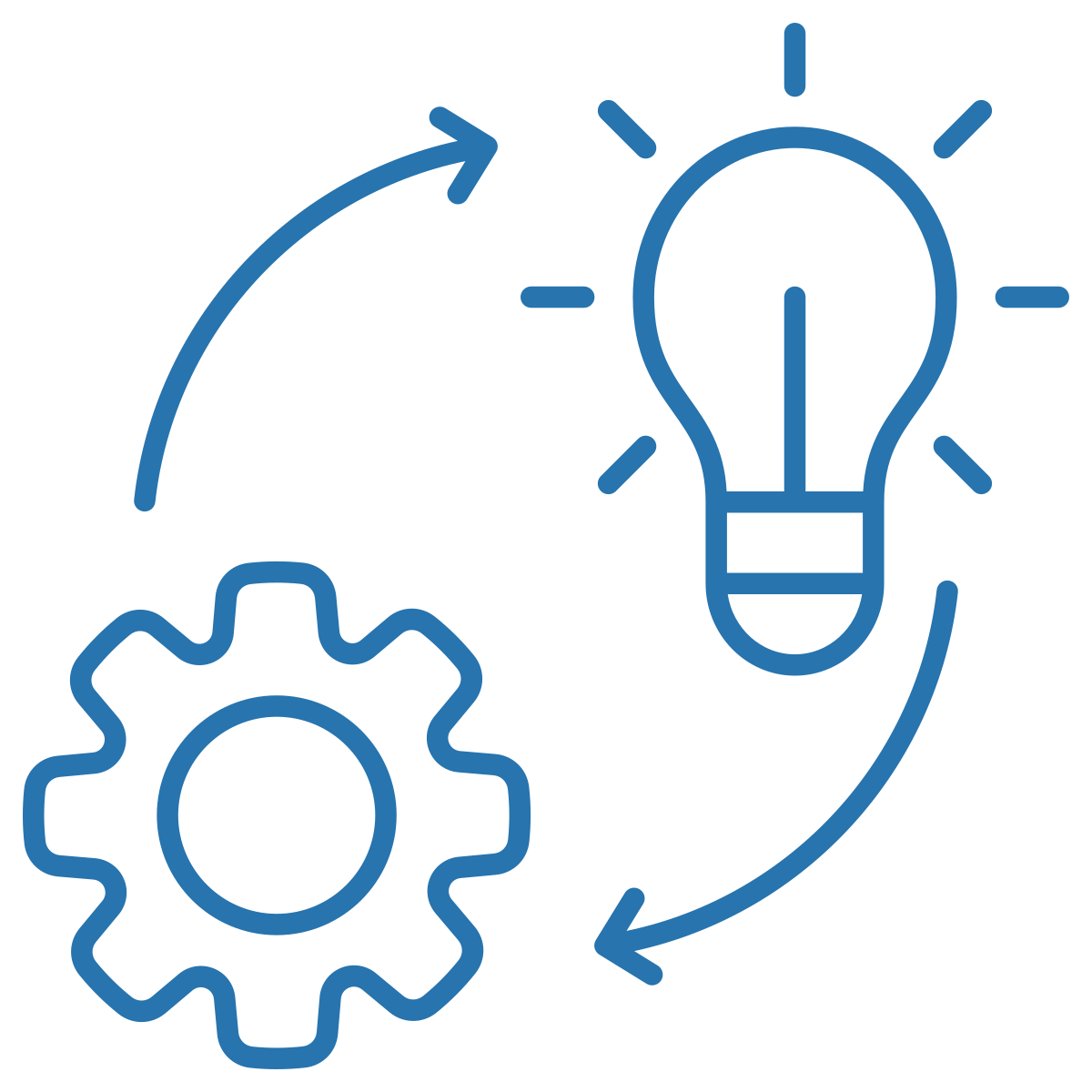Today, most people suffering with depression do not have access to evidence-based treatments. There is also a considerable gap between research and practice. Some effective treatments, like therapy, are not feasible as a complete solution, as there will never be enough providers to meet demand. Current systems are not meeting the need, which continues to grow exponentially.
Complicating access to care is the proliferation of unreliable information and misunderstandings about depression, and much of what is assumed to be true about depression has not been scientifically validated. It’s the lack of understanding that exacerbates and perpetuates shame and stigma, and hinders the recognition of depression as a blameless disease. A consequence is that many stay silent, go it alone and do not seek care.
Our strategy is to disseminate the STAND system of care as one, tested model, to increase access to care. As we implement STAND in a variety of settings and communities, we are committed to increasing the modularity of the program so it may be customized and scaled for any type of setting. A key feature of this work is our commitment to continuous assessment and adaptation of the STAND program, especially to reflect the learning and inputs from people with lived experience.
Sharing the STAND System of Care to increase access
When we started our work in 2015, we realized that if we wanted to reach the goal of cutting the global burden of depression, we needed take action to develop a new way to effectively reach and treat more people. That was the impetus for the development of STAND — Screening and Treatment for Anxiety and Depression — a gold-standard system of care that leverages digital technology to screen, triage and initiate personalized evidence-based treatment.
A key tenet of STAND is that clinicians are reserved for only the most severely depressed; thus, we leverage online lessons complemented with sessions with certified coaches for people with less severe symptoms.
To learn more about the STAND system of care, read the STAND fact sheet. See below for links to fact sheets on STAND infrastructure and implementations. You may also wish to visit the STAND website, which is designed for participants.



